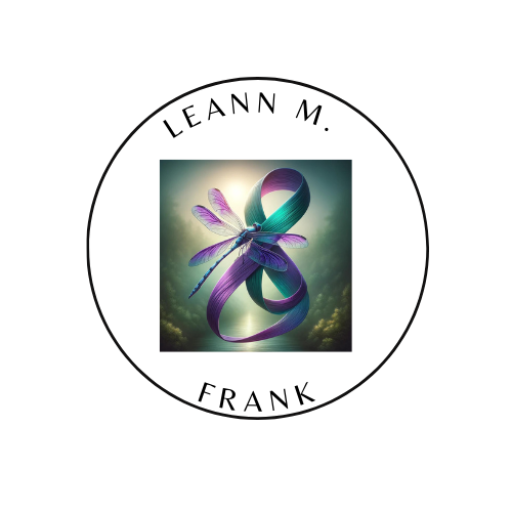Understanding the Emotional Impact of a Cancer Diagnosis
A cancer diagnosis may be one of the most life-altering moments of your life. It’s a journey that extends beyond the physical boundaries of health, deeply impacting your emotional and psychological well-being and that of your families and loved ones. The wave of emotions that follow a diagnosis can be overwhelming, encompassing fear, anger, disbelief, and despair. Understanding this emotional landscape is crucial for providing comprehensive care and support.
The initial shock of hearing the word “cancer” associated with your health can trigger a profound sense of disbelief. Suddenly your future looks uncertain. This period is often followed by a flood of questions with few immediate answers, contributing to a heightened sense of vulnerability and anxiety.
As the reality of the diagnosis sets in, a complex mix of emotions can surface. Fear is among the most common and intense feelings encountered. You worry about the treatment process, its side effects, the prospect of pain, and the potential impact on your physical capabilities. There’s also the looming fear of the cancer not responding to treatment and what the future holds for you and your loved ones. This fear can be paralyzing, affecting your ability to make decisions or see beyond the immediate challenges.
Anger and frustration are also prevalent emotions. You might grapple with questions of “Why me?” as you compare your lives to others who are not facing similar challenges. This can lead to feelings of isolation and resentment, sometimes directed towards your own body for betraying you, or towards healthcare professionals, despite logically understanding that cancer is not a result of personal failings.
However, amidst this storm of negative emotions, hope plays an important role. The journey through cancer treatment is also a journey of discovering resilience and strength that you might not have realized you possessed. The support from healthcare providers, counselors, support groups, family, and friends become invaluable. These networks not only offer practical help and advice but also emotional support, helping you navigate through your darkest moments.
The emotional impact of a cancer diagnosis is indeed profound and varies significantly from person to person. It’s a reminder of the importance of emotional and psychological support systems in cancer care. Encouraging open discussions about fears, frustrations, and feelings can lead to better coping strategies. Additionally, exploring therapies like counseling or joining support groups can provide a space for sharing experiences and emotions, helping to reduce feelings of isolation.
In conclusion, while the physical aspects of cancer often take precedence in treatment plans, addressing the emotional fallout is equally critical. Understanding and acknowledging the wide range of emotions that accompany a cancer diagnosis is the first step towards healing, not just for the you but for everyone touched by your journey. In navigating these times, finding moments of hope and connection can illuminate the path forward, transforming the journey into one of resilience and growth.
Here for you,
Leann

